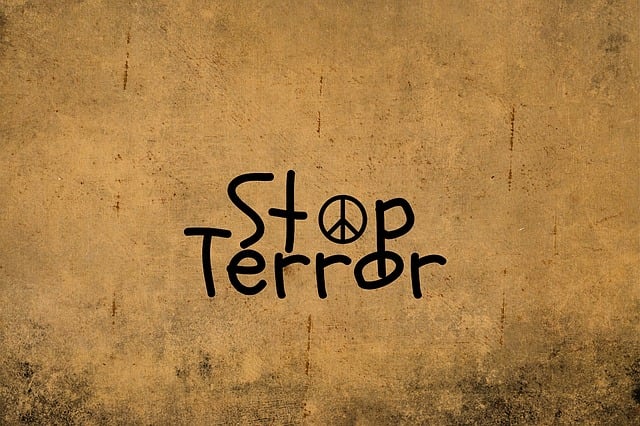
The brutal attack by Hamas on October 7th, 2023, left Israel and the world stunned—not just by the scale, but by the cruelty. Over 1,200 civilians, including children and the elderly, were massacred in their homes, at a music festival, and on the streets. It was a moment of undeniable clarity: any group capable of such barbarity cannot coexist with peace. Hamas must be eliminated—not for vengeance, but to give peace a fighting chance.
Why Elimination, Not Containment
Containment, truces, and negotiated ceasefires have repeatedly failed with Hamas. Over the years, Hamas has:
-
Used international aid to build terror tunnels instead of schools and hospitals.
-
Fired over 30,000 rockets into Israeli civilian areas.
-
Turned Gaza into a militarized fortress, embedding weapons and fighters among civilians.
Every time Israel pulls back, Hamas regroups, rearms, and attacks again. The cycle is never broken because the root remains—an ideology rooted in jihadist extremism and the destruction of Israel. As long as Hamas exists, peace is a mirage.
The Seeds of Change in Gaza
For the first time, we are witnessing small but growing signs of dissent within Gaza. Civilians, who have suffered under Hamas’s authoritarian rule for 17 years, are starting to protest. This shift is crucial—and fragile. If Israel were to stop now, it would give Hamas exactly what it wants: time. Time to silence those dissenting voices, regroup, and strike again. To protect both Israelis and Palestinians who dream of a better future, Israel must finish the job.
The Hostage Crisis: A Non-Negotiable Red Line
More than 100 Israeli hostages remain in Hamas captivity. Their release must be unconditional. No sovereign nation can be expected to tolerate this. Demanding a ceasefire while Hamas continues to hold civilians—including children and elderly women—is morally bankrupt. Peace begins with their safe return.
Addressing the Misinformation
1. Who’s Blocking Humanitarian Aid?
Contrary to widespread claims, Israel is not blocking aid to Gaza. Israel has repeatedly expressed willingness to facilitate humanitarian corridors—so long as it can ensure Hamas doesn’t intercept the supplies. The problem lies with delivery mechanisms: Israel insists on checking the aid and ensuring it reaches civilians, while agencies like the UN have resisted direct coordination, fearing politicization or loss of neutrality. But what’s the alternative? Letting Hamas steal and weaponize food and medicine? That’s not humanitarianism. That’s complicity.
2. Israel’s War Is Defensive, Not Aggressive
The portrayal of Israel as the aggressor is a distortion of history. Since its formation in 1948, Israel has been under attack—not because of its actions, but because of its existence. Jihadist groups have targeted it relentlessly, often using religious rhetoric to justify terror. Yet inside Israel:
-
Jews, Muslims, and Christians live side by side.
-
Arab Israelis hold seats in the Knesset.
-
Religious freedom is protected.
Israel’s current war is a war of retaliation and self-preservation. Any nation facing such atrocities would respond forcefully.
A Difficult Path, But a Necessary One
Eliminating Hamas will not magically bring peace. But not eliminating them guarantees perpetual war. For Israelis to live in security, and for Gazans to have a future free from dictatorship and bloodshed, Hamas must go.
Once Hamas is dismantled:
-
A real conversation about Palestinian autonomy can begin—with partners who truly seek peace.
-
Gaza can be rebuilt, not as a launching pad for rockets, but as a place of hope.
-
The hostage families can grieve with dignity, not be tortured by uncertainty.
Let’s be clear: calling for the elimination of Hamas is not a call against Palestinians. It is a call for Palestinians to be freed from a terror group that has held them hostage too.
Peace demands more than hope. It demands courage. And sometimes, it demands resolve.
Israel must not stop now. The world must not look away.


